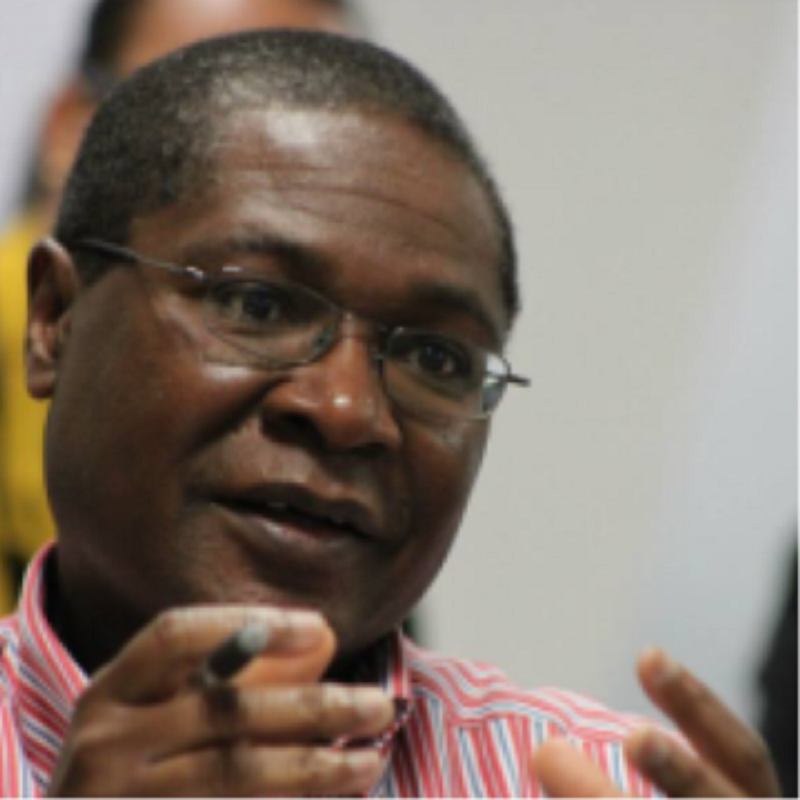Islamic Relief has outlined the role Islamic finance could play in eradicating extreme poverty, in a World Bank event.
The World Bank’s International Development Association (IDA) hosted a discussion about ways to raise and maximise the financing needed to end extreme poverty. The event, which was held in the United States last month, followed a commitment made by the World Bank and many faith-based organisations – including Islamic Relief – to end extreme poverty by 2030.

Dr Muhtari Aminu-Kano, Islamic Relief’s senior poverty advisor for poverty reduction, was one of five people invited to talk at the opening of the meeting, held at the World Bank’s headquarters in Washington DC.
“I used the opportunity to talk about Islamic finance,” he said, following the meeting.
“External funding such as official development assistance (ODA) is an important component in reducing extreme poverty but it can only work as a catalyst. Poor countries who want to eradicate extreme poverty have to look at finances within their countries. Most look to increase government revenue through taxation, but we need to look at more innovative private sources of finance as well.”
Substantial resources
He explained about elements of Islamic finance, including zakat, waqf and sadaqah. Zakat is the mandatory giving of money by Muslims of sufficient means in order to achieve fairer wealth distribution. Waqf is Islamic endowment and must be used for long-term benefit, while sadaqah is the voluntary giving of charity out of compassion and friendship. The proper collection and smart use of these, he argued, could help in the eradication of poverty.
ODA is provided by official agencies, including state and local governments, for the economic development and welfare of poorer countries. It averages around USD $140 billion (GBP £93 billion) globally.
“The total given globally in zakat in a year is estimated at around USD $200 billion (GBP £133 billion), which not only matches ODA, but surpasses it,” said Dr Aminu-Kano. “If it is collected efficiently, we can maximise its impact, but it is also important that it is spent in an innovative way.
Channelling zakat for long-term benefit
“Right now there are lots of gaps in how it’s spent. In some countries, the government collects it but in others, people give it out themselves. It then tends to go on satisfying immediate needs and wants rather than poverty reduction. If it is spent smartly, it can play a big role in eradicating extreme poverty.”
Dr Aminu-Kano said he received positive responses from those attending the meeting, including high level representatives and government officials from countries including United States, Sweden, Canada and Australia.
“Many of them didn’t know that zakat raised such a huge amount of resources,” he said.
Others speaking at the event were Ray Offenheiser of Oxfam America; Dan Runde of the policy non-profit Center for Strategic and International Studies; Mark Suzman of Gates Foundation; and Mohammad Mejbahuddin of Bangladesh’s Ministry of Finance.
Other key points raised at the conference included the need to widen the way the World Bank operates to include new forms of partnerships with civil society as well as country governments. We anticipate working alongside the World Bank as it shapes its future plans for the IDA.
Islamic Relief worked with the World Bank and other faith-based organisations to draw up Ending Extreme Poverty: a moral and spiritual imperative. This commitment was launched earlier this month and has been endorsed by faith leaders around the world.










